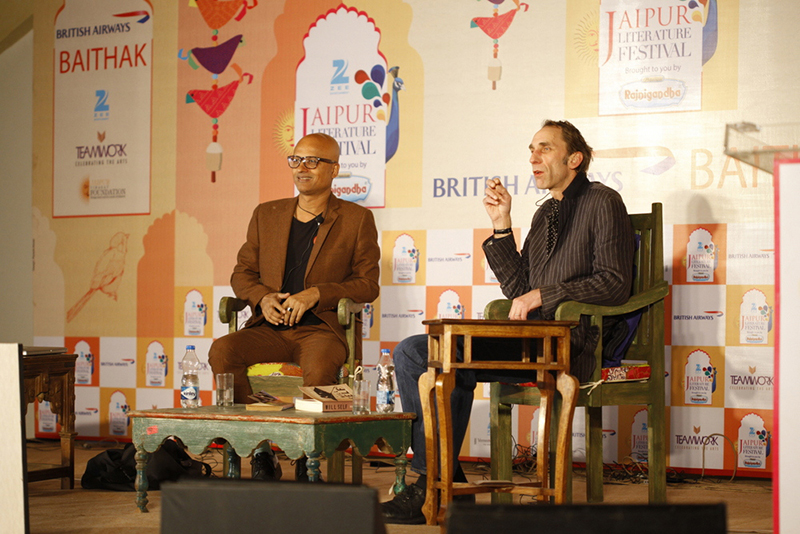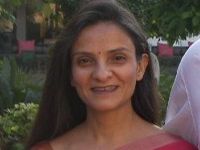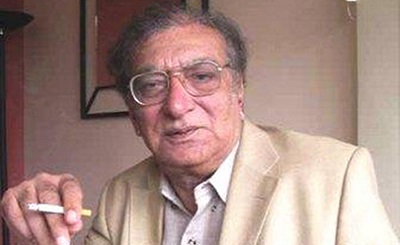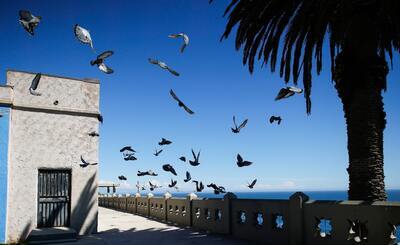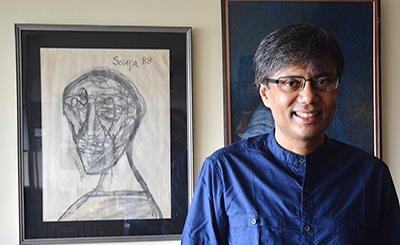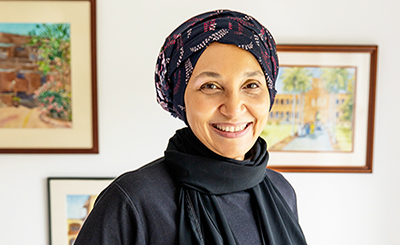But back to serious business as the relevant questions persist — who programmes the festival, and what is the content that it intends to explore, portray and express? The pool of creativity is endless, language gives us the luxury to level with a large playing field, and the substance behind every panel discussion or author interaction reflects the USP of the festival. Says Jai Arjun Singh, writer, blogger, columnist, “I think it’s a very good thing as long as adequate thought and planning goes into them. I have been to some very nicely organised festivals such as the Apeejay Kolkata one, Mountain Echoes, and the one in Chandigarh that has authors and critics in conversation about a specific book. But there have also been fests where it seems the organisers just decided to stick a few well-known people up on a stage, give them a meaninglessly generic subject for discussion, and expect them to blabber away about anything that pops into their head. I have had to withdraw as moderator from two fests because on each occasion, just a few days before the session, I still hadn’t been gives a clear idea of what the session was to be about, what my role was, and so on. Also, if you begin a fest, you really need to publicise it properly. At one surreal festival I participated in, there were routinely more people sitting on the stage (including some fairly high-profile writers) than there were in the audience! Most embarrassing.” Although Jai claims, “I am not a naturally enthusiastic “lit-fester” (in the sense of queuing up to see my favourite writers speak), but there have been a few scattered occasions over the years where I have watched and enjoyed a really interesting session. Or participated in one: for instance, being on the stage with Chetan Bhagat at Jaipur in 2009 was quite an eye-opener in terms of seeing the very immediate, passionate relationship between the author and his audience.” Ranvir Shah who runs Prakriti Foundation in Chennai, an avid reader, businessman feels, “I think my takeaway from the Jaipur Literature festival was Sam Miller. His writing is so much fun to read.” “I enjoyed the Hindu Lit for Life because it allowed me to meet Vikram Seth and spend an afternoon with him and also have an interesting conversation with Shabana Azmi on her mother. Naomi Wolf asked recommendations of friends for a teaching job.” Sumeet Shetty echoes similar sentiments, “Yes! I discovered the works of the delightful Simon Armitage and Will Self at literature festivals!”However, Ranvir feels that the number of literature festivals doesn’t necessarily mean that they are all up there, “Some are excellent, most are mediocre, and you also perceive a sense of sameness.” Sumeet feels differently, “The more the merrier! Ultimately, only a few will survive into the next decade. May the best literature festivals win!”
Any literature festival is not too far removed from the socio-political and cultural climate of its region and the nation. The current trends of the publishing industry also influence some of the content. We’ve seen sweeping successes with popular commercial fiction, political non-fiction ranging from the latest elections to terror strikes, insurgency issues, and the undervalued north-eastern region in India, to global warming, climate change, environmental concerns, and most significantly, the focus on gender issues, human trafficking, war reportage, conflict and disaster related literature. These are some of the sessions that have generated thoughts, ideas and debates.
Festivals in cities which have a strong historical and cultural backdrop raise questions like — is the content and the festival on the whole being able to attract the local population, is it making them feel included or is it just pandering to a few top brass and falling into an elitist bracket? The festivals at Kolkata, Lucknow, Patna are known to have involved audiences. Says Krishna Shastri Devulapalli, writer, “I’ve been to Hyderabad, Chandigarh and Agra. More than once, in fact. In all three places, there was a representation of local writers and vernacular literature. Hyderabad and Chandigarh, I remember, had exclusive, well-attended sessions for local writers. I tried crashing them but my Urdu and Punjabi let me down. Also, as far as I could see, the audience was entirely local. But then again, on the flip side, I’m a so-called Madras writer and I’ve never been invited to a festival here.”
Festivals in India have a deep resonance with those in the subcontinent. Lahore, Karachi, Dhaka, Bhutan and till some years back, Sri Lanka. Cultural osmosis, shared socio-political history, myths, literary and oral traditions of the south Asian region lend an invincible dimension to these festivals. I can’t comment on any of them, leaving Bhutan aside, since I’ve yet to attend any of them but I’ve heard only good and even better feedback from anyone who has attended them — as a speaker and as audience. Ali Sethi, a writer and musician from Pakistan adds, “If you mean the proliferation of literary festivals, I think they’re good for places like India and Pakistan and Bangladesh and Sri Lanka and Sharjah because they encourage people to sit down and listen to one another without breaking things. I’m also heartened by the pretentiousness. I love hearing people breathe into microphones in melodic whispers.”
The inside stories can be and are different — some of the shapes and forms of each festival reflect a few extraneous factors, like which author is good at schmoozing her/his way in, who the sponsors are, current hot-selling genres, and so on, and in all this I wonder, what happens to the reticent author? What happens at a literature festival outside the sessions — those conversations and liaisons can be significant and have a far-reaching impact. Many a tale is told or born over endless cups of coffee — if we are more fortunate, then beer or wine. Farah Ghuznavi, writer-columnist from Bangladesh feels, “If the discussion went well, then I often feel a sense of satisfaction. Invariably, it’s an opportunity to meet really interesting people, and I have come away with good friendships from nearly every festival that I have attended. Different festivals often have a different “feel” to them, too — in some places, for example, you feel very welcome (Apeejay Kolkata Lit Fest), while others may have a line-up that is noteworthy and/or glamorous (Lit for Life and Jaipur), and yet others simply have a feel-good vibe to them (Bangalore Lit Fest).”
How a particular author ‘performed’ is veritably a part of the avid, flurried conversations. Behind this picture are those attendees who are rather serious and focused on the sessions they want to be present at and leave the moment these are done. There are authors who match this — they come on stage for their session and leave when it’s done. Ali has done so, “My favourite part is the escape that follows my act or talk. I’ll find a willing local and go off on an adventure.”
